Cognitive Behavioural Therapy (CBT)
What is CBT?
Cognitive behavioural therapy (CBT) is a type of talking treatment which focuses on how your thoughts, beliefs and attitudes affect your feelings and behaviour, and teaches you coping skills for dealing with different problems.
It combines cognitive therapy (examining the things you think) and behaviour therapy (examining the things you do).
What is the Theory Behind CBT?
CBT is based on the idea that the way we think about situations can affect the way we feel and behave. For example, if you interpret a situation negatively then you might experience negative emotions as a result, and those bad feelings might then lead you to behave in a certain way.
How Does Negative Thinking Start?
Negative thinking patterns can start from childhood onwards. For example, if you didn’t receive much attention or praise from your parents or teachers at school, you might’ve thought “I’m useless, I’m not good enough”.
Over time you might come to believe these assumptions, until as an adult these negative thoughts become automatic. This way of thinking might then affect how you feel at work, university or in your general life.
If your negative interpretation of situations goes unchallenged, then these patterns in your thoughts, feelings and behaviour can become part of a continuous cycle.
How Does CBT Work?
In CBT you work with a therapist to identify and challenge any negative thinking patterns and behaviour which may be causing you difficulties. In turn this can change the way you feel about situations, and enable you to change your behaviour in future.
You and your therapist might focus on what is going on in your life right now, but you might also look at your past, and think about how your past experiences impact the way you see the world.
What Should I Expect From a CBT Session?
How Are Sessions Structured?
A typical structure of a CBT session may include the following:
- At the beginning of the therapy, you and your therapist may explore the problems you want to work on.
- When you have agreed which problems you want to focus on and what your goals are, you may start planning the content of sessions and talking about how you could deal with your problems.
- During the session, you might work through exercises with your therapist to explore your thoughts, feelings and behaviours. This may be in the form of diagrams or worksheets.
- With CBT you are often given work to do in your own time, so the end of each session you might agree on some exercises to work on afterwards.
- At the beginning of your next session your therapist might start by going over the conclusions from your previous session, and discussing what progress you’ve made with any work you agreed to do.
What Might I Learn?
CBT teaches coping skills for dealing with different problems. You may learn ways of coping with different situations, thoughts, feelings and behaviours. For example:
- If you feel anxious: you may learn that avoiding situations could actually increase fears. Confronting fears in a gradual and manageable way can give you faith in your own ability to cope.
- If you feel depressed: you may be encouraged to record your thoughts and explore how you can look at them differently. This may help to break the downward spiral of your mood.
- If you experience sleep problems: you may learn to recognise the thoughts which make falling to sleep more difficult and learn to challenge these.
- If you have long-standing problems relating to other people: you may learn to check out your assumptions about other people’s motivation for doing things, rather than often assuming the worst.





